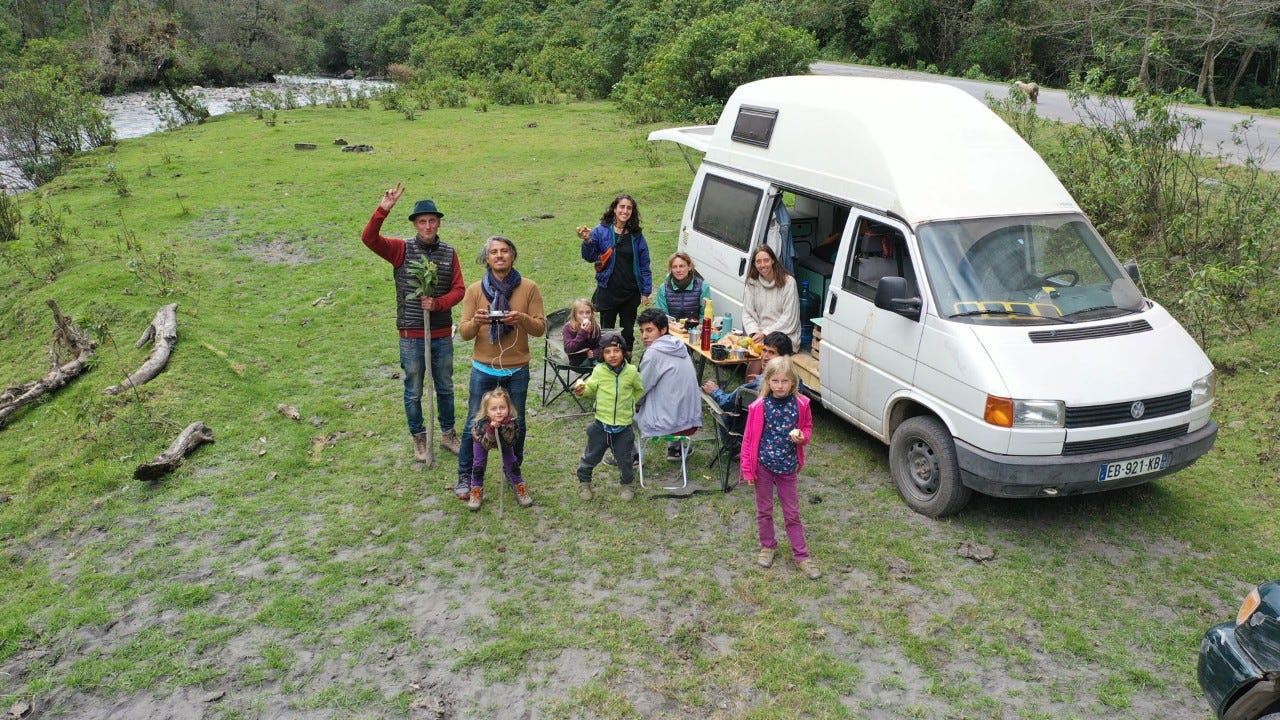10 tips for moving to Switzerland
For many people moving to Switzerlandis a dream come true. However, chores such as dealing with the authorities, searching for accommodation and taking out new insurance don’t make the move easy.

Our tips help make your first steps in your adopted country a little easier.
Applying for a residence permit
The first step in Switzerland usually begins with a new job. If you plan to stay in Switzerland for longer than three months, you must apply for a residence permit with the residents’ registration office of your local authority within 14 days of your arrival and before you start your job. Take the following with you
- ID (or passport)
- Written confirmation of employment from your employer
Search for an apartment
Ideally, you should start looking for a flat once you’ve received your residence permit. As nice flats are hard to come by, particularly in cities, it’s a good idea to take all the documents you need with you to the viewing:
- Copy of your residence permit (or, if not available, a copy of your passport with a request to hand in the permit later)
- Copy of your employment contract
- Contact details of previous landlord as reference
- Recent proof of good paying habits – in Switzerland this is usually a credit report (Betreibungsauskunft) from the debt enforcement office (Betreibungsamt) of your previous local authority.
You will usually receive an application form at the viewing, which you should return as soon as possible. Tip: Stand out from the crowd. by writing a brief introduction about yourself explaining why you’re interested in the flat. It sometimes helps!
Rent the apartment
You’ve signed a tenancy agreement? Congratulations! You’re now usually expected to pay a deposit of around three months’ rent. This is transferred to a rental deposit account and is used by the landlord as security. When you move out, you get this deposit back plus any interest that has accrued.
Crossing the border
If you plan to move Switzerland from abroad, in addition to sorting, packing and labelling your goods, you’ll also have to deal with the customs paperwork.
- To import your belongings into Switzerland without paying custom duties, you’ll need to officially move your place of residence to Switzerland. Immigrants from 25 EU states and the EFTA states can prove this with an employment contract, a tenancy agreement and/or confirmation of deregistration from their country of departure. The customs office decides whether the documents submitted are sufficient. Students, however, can import all their belongings without paying custom duties – even if they don’t move their place of residence to Switzerland.
- In the list of imported items you list what you what to import, e.g. xx boxes of books or xx boxes of clothes. Objects of greater importance, such as furniture or valuables, must be listed separately and in detail.
- You also have to submit a clearance application for household effects to the customs office. This can be downloaded here.
By the way, don’t be surprised if you hear the term “Zügeln” instead of “umziehen”. In Switzerland, this term doesn’t just refer to a horse’s reins, it also means to move house.
Register with your local authority
Once you’ve moved into your new place, you need to register with the residents’ registration office of your local authority within 14 days of your arrival in the country and before you start your job. You’ll need the following documents:
- Valid ID card or passport for every family member entering the country
- Passport photo of every family member
- Documents on marital status (marriage certificate, birth certificate for minors, etc.)
- Employment contract or Certificate of university admission
- Proof of mandatory basic health insurance with a Swiss insurer (can be submitted up to 3 months after date of arrival)
- Copy of Swiss tenancy agreement
Preventive care
Some insurance plans are mandatory and you have to take them out yourself, while others are deducted automatically from your gross wage. Here’s an overview:
- To take out health insurance you need to be resident in Switzerland. No later than three months after arriving or starting work in Switzerland, you and your family must register with a Swiss health insurer – there are around 60 to choose from. All insurers offer the same benefits under mandatory basic insurance, but premiums can vary widely. Take time to have a good look!
- If you work at least eight hours a week for the same employer, you are automatically insured against accident. If not, then you have to insure yourself – you can include accident cover in your health insurance.
- You also have to take out household contents and private liability insurance. You’ll find a comparison of premiums here.
- Swiss retirement provisions are based on 3 pillars:
1st pillar: Old-age and survivors’ insurance (AHV) and invalidity insurance (IV). These are mandatory and deducted automatically from your salary.
2nd pillar: Occupational pension (BVG). This insurance supplements AHV and IV. All employees who have AHV insurance and earn a specified minimum wage are obliged to contribute.
3rd pillar: Individual pension. This insurance is voluntary. Saving for the 3. Pillar has tax advantages.
Bringing your car
If you want to take your car with you, you must register it directly when it is imported into Switzerland, even if you have borrowed it from friends or relatives. You’ll need:
- Electronic customs declaration
- Invoice and/or purchase contract
- Vehicle registration certificate, registration certificate (even if it’s already been cancelled)
- Passport or ID
- Proof of origin, if available
- Cash (not all customs offices accept credit cards)
Next steps:
You have to apply for a Swiss driving licence no later than 12 months after arriving in Switzerland. Your car also has to be re-registered. To do so, you’ll need to be registered with a Swiss insurance company.
Pay the taxes
Foreign workers with a B permit automatically pay withholding tax in Switzerland. Your employer deducts the tax from your salary every month and transfers it to the tax authority. The deductions vary from canton to canton. You’ll find a tax calculator here.
Radio and TV
You have to pay a fee for TV and radio. Every household is automatically sent an invoice from Serafe, the company responsible for collecting the fee. Further information can be found at serafe.ch.
Bank account
To open a Swiss bank account, you have to go to a bank with:
- Residence permit/valid ID (if you don’t yet have a residence permit, you can use your certificate of residence)
- If available: employment contract
You may be a bit done in by now, but you’ve done it! Congratulations on moving officially to Switzerland! From now on: Enjoy your time in Switzerland and settle in well.


